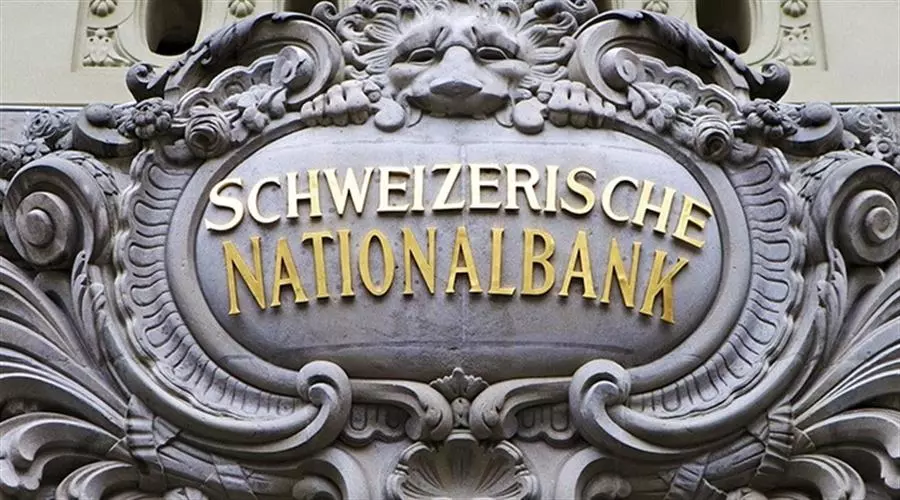ZURICH, June 16 (ABC): Switzerland’s central bank hiked interest rates Thursday for the first time in 15 years and warned of more possible increases, joining a global tightening of monetary policy to tame inflation.
In a surprise announcement, the Swiss National Bank raised the rate by 0.5 percentage points, though it remains in negative territory at minus 0.25 percent.
The SNB warned that “it cannot be ruled out that further increases in the SNB policy rate will be necessary in the foreseeable future” to stabilise inflation.
The bank said its policy rate change would apply from Friday.
The announcement came a day after the US Federal Reserve announced its biggest rate hike in nearly 28 years, raising it by 0.75 percentage points to combat decades-high inflation.
The European Central Bank plans to start a series of rate increases next month, while the Bank of England announced a fifth straight increase, though at a lower pace than its Swiss and US counterparts.
Global stock markets tanked following the SNB and Bank of England announcements, with the Swiss bank’s move coming as a major surprise.
“This is an incredibly hawkish tilt for the SNB, who are upping their inflation-fighting credential in one fell swoop,” Stephen Innes, managing partner at SPI Asset Management, said in a note.
“We should expect more aggressive follow-through from other central banks except those who are economically challenged,” he said.
“The race to the top is back on track.”
The SNB has for years focused on keeping the strength of the Swiss franc in check, but inflation forced it to raise rates for the first time since 2007.
“To ensure appropriate monetary conditions, the SNB is also willing to be active in the foreign exchange market as necessary,” the bank said.
Dutch bank ING said in a note that the SNB’s move “indicates a willingness to take the lead and keep the initiative given the expected rate hikes by the ECB. Over the year, the SNB should nevertheless be less aggressive than the ECB.”

